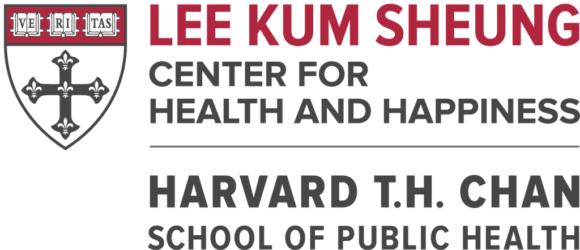Citation: Constantine, N., & Benard, B. (2001). California Healthy Kids Survey Resilience Assessment Module: Technical Report. Journal of Adolescent Health, 28.
PMID or DOI: unknown
Main positive psychological well-being construct measured: Resilience resources
Sub-constructs measured: School assets: caring relationships, high expectations, meaningful participation; Home assets: caring relationships, high expectations, meaningful participation; Community assets: caring relationships, high expectations, meaningful participation; Peer assets: caring relationships, prosocial peers; Internal assets: cooperation and communication, empathy, self-efficacy, problem-solving, self-awareness, goals and aspirations.
Available subscales: School assets: caring relationships, high expectations, meaningful participation; Home assets: caring relationships, high expectations, meaningful participation; Community assets: caring relationships, high expectations, meaningful participation; Peer assets: caring relationships, prosocial peers; Internal assets: cooperation and communication, empathy, self-efficacy, problem-solving, self-awareness, goals and aspirations.
Description: The Resilience And Youth Development Module of the California Healthy Kids Survey (CHKS) measures both internal assets (personal strengths) and external resources (protective factors), all of which have been linked to positive developmental outcomes and academic success. The measure may be used in conjunction with other CHKS modules or as a standalone assessment tool. Developed with the assistance of a national panel of experts, it measures 11 external assets and 6 internal assets that are focused on environments in the young person’s world: home, school, community and peer groups. The external (or environmental) assets include caring relationships, high expectations, and opportunities for meaningful participation in the school, home, community, and peer group. Internal assets consist of cooperation and communication, empathy, problem-solving, self-efficacy, self-awareness, and goals and aspirations.
Number of items: 56
Example statement/item: “I have high goals and expectations for myself”
Response options: 4-point response scale, 1=not at all true, 2=a little true, 3=pretty much true, 4=very much true
Total score: Total sum scores are derived for each asset scale.
